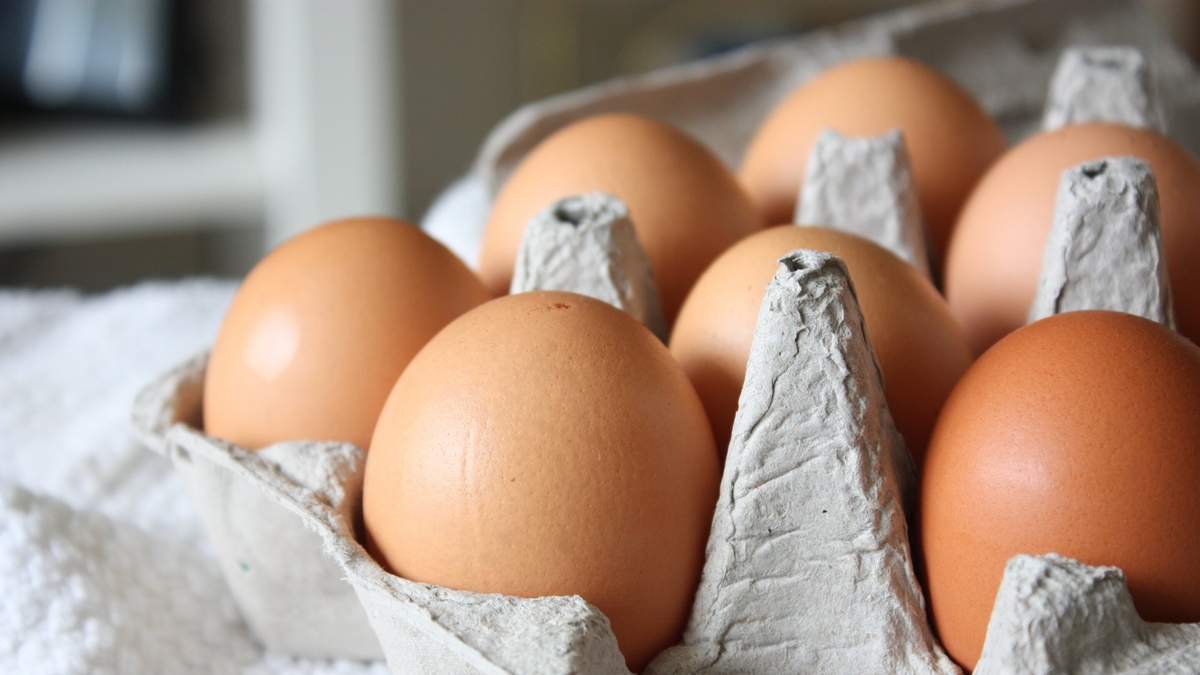
The Vitamin D Conundrum
Vitamin D deficiency is a widespread healthcare issue in the UK, with the National Health Service (NHS) estimating that around 1 in 5 people have low vitamin D levels. This becomes a significant concern, especially since vitamin D is essential for keeping our bones and teeth healthy, and it also plays a vital role in regulating our immune system. With this context in mind, recent research by Newcastle University in collaboration with Happy Egg Co., a leading free-range egg brand, provides some enlightening insights into how we can maximize our vitamin D intake through eggs.
The Impact of Storage and Cooking Methods on Vitamin D
According to the findings published in the journal ‘Foods’, storing eggs at ambient temperature (on the worktop) rather than in the fridge helps retain more vitamin D. The method of cooking the eggs also plays a crucial role. The researchers found that scrambling or poaching the eggs preserved the most vitamin D compared to other cooking methods. This is significant information, considering eggs are often a staple part of many people’s diets.
Hens’ Diet and Vitamin D Enrichment
The study also shed light on the impact of the hens’ diet on the vitamin D content in their eggs. Eggs from hens that were fed a diet high in vitamin D had 28% more vitamin D per 100g compared to regular eggs. This means that just two large Happy Eggs can provide over 94% of the daily recommended intake of vitamin D. The nutritional information for Happy Eggs per 100g is as follows: Energy 547 kj or 131 kcal, Fat 9.0g, Saturates 2.5g, Carbohydrate 0.5g, Sugars 0.5g, Protein 12.6g, Salt 0.385g. This is quite a nutritional powerhouse!
The Safety Standards Ensuring High-Quality Eggs
Happy Egg Co. ensures the best quality eggs for its consumers by adhering to high safety standards. Their eggs carry the British Lion mark, a guarantee of vaccination against salmonella and higher welfare standards for the hens. This makes Happy Eggs not only a healthy choice but also an ethical one. Furthermore, the research also confirmed that eggs, being high in efficiently digestible, high-quality protein, are safe to consume as part of a balanced diet, even for those with concerns about cholesterol.
Implications for Food Policy and Labelling
This research has significant implications for food policy and labelling. With a clearer understanding of how storage and cooking methods impact vitamin D content, consumers can make informed decisions to maximize their vitamin D intake. Moreover, the revelation about the hens’ diet enriching the eggs with more vitamin D could lead to changes in hen farming practices and egg labelling, ultimately helping to combat vitamin D deficiency in the population.
In conclusion, this study opens up new avenues in our quest to address vitamin D deficiency. By simply tweaking how we store and cook our eggs, and by choosing eggs from hens fed a high vitamin D diet, we can significantly increase our vitamin D intake, contributing to overall better health.
